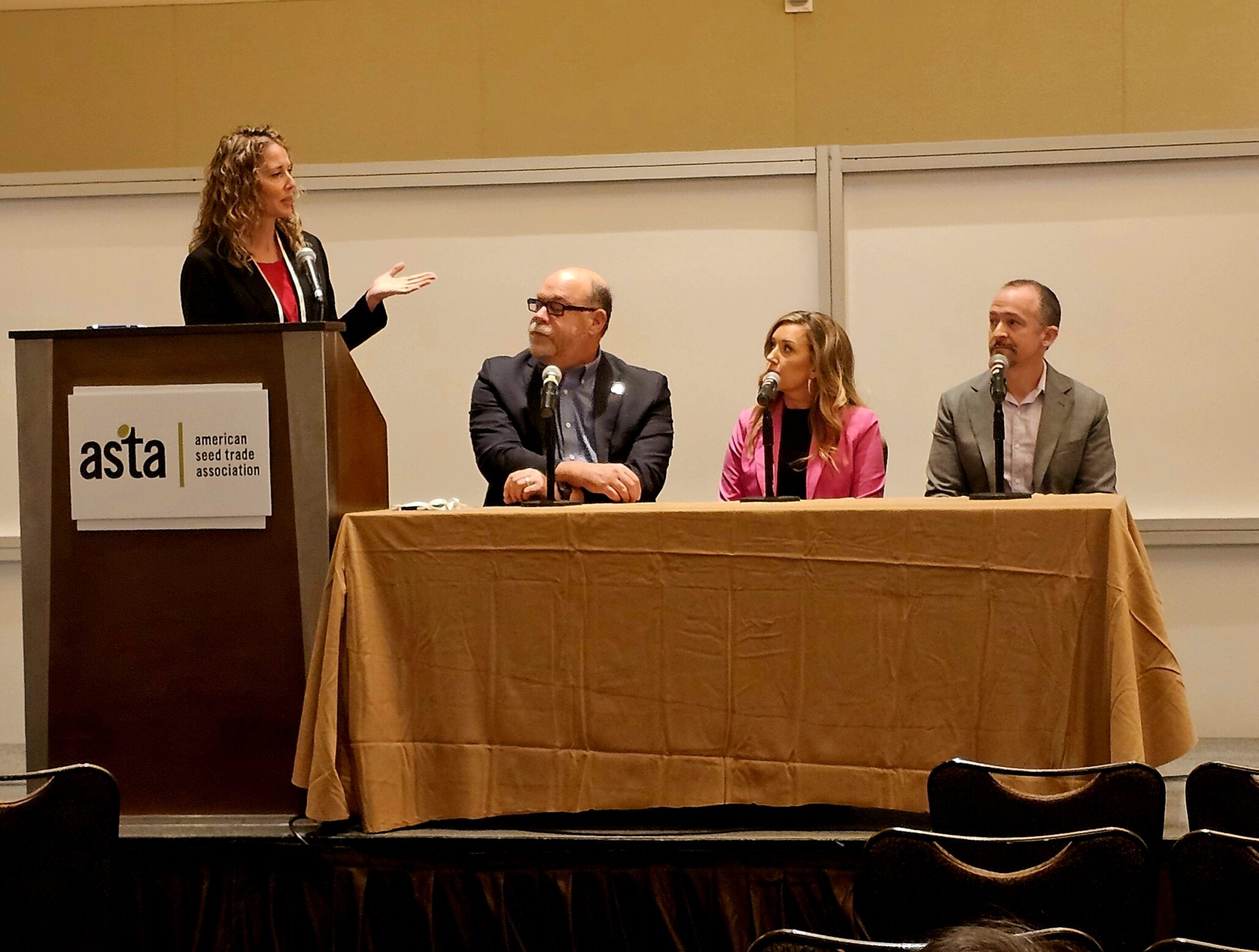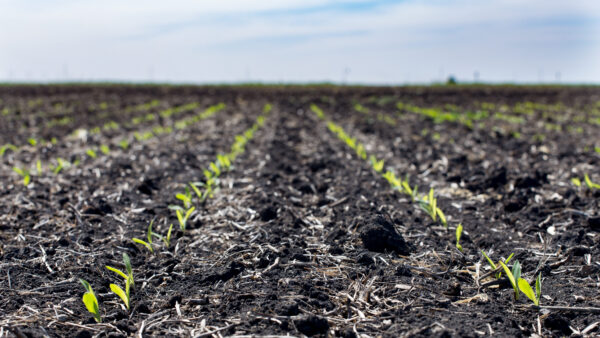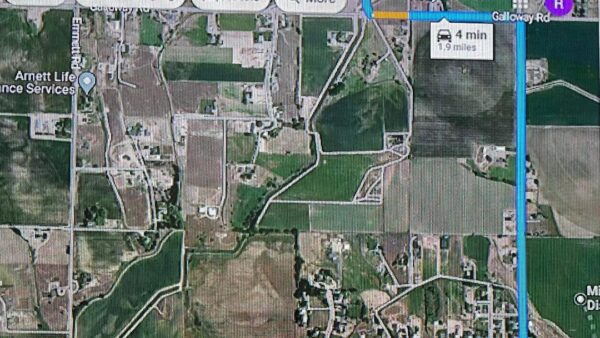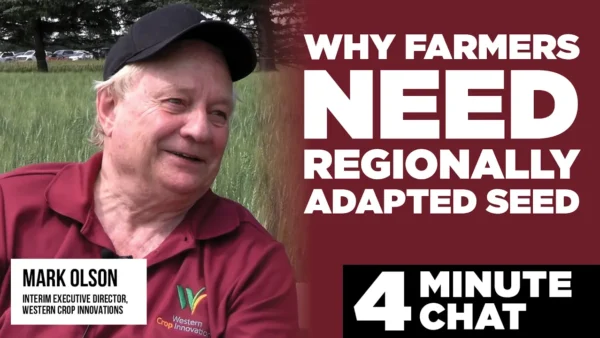Texas seed professionals are getting a hard lesson in election consequences. We elect virtually all statewide office-holders in Texas — a practice originating shortly after the Civil War and common in the South. The practice was designed to prevent carpetbagger governors from appointing the entirety of state government. On Jan. 1, 2016, our newly-elected Commissioner of Agriculture, the Honorable Sid Miller, is unilaterally raising fees by an unprecedented margin.
While these fee increases will likely remove more than $40,000 from the bottom line of an average Texas seed company, that might not be the worst of it. A long and trusting relationship with our most important business partner, the Texas Department of Agriculture (TDA), is in jeopardy.
Our fees doubled in 2011 as services were slashed and, although painful, those decisions were made collaboratively and our input mattered. We have unanswered questions about how the fee increases were formulated and sincerely doubt they are justified to administer our programs under required cost-recovery.
The public comment period coincided with fall seed crop harvest, and our request for an extension to allow our members time to carefully analyze the effects of the proposed fee increases on their businesses was summarily denied.
Commissioner Miller was informed within weeks of taking office that TDA was $8 million in deficit. He was also informed that 50 open positions were being eliminated because they were unfilled and unfunded. He has been unsuccessful in restoring TDA funding to pre-2011 levels, failing to procure the $21 million annual increase needed to replace a similar amount he voted to cut when a State Rep. in 2011.
Lately, Texans have tended to elect fiscal conservatives. Commissioner Miller claims to be one and was not in charge of TDA when it went $8 million into the red. Fiscal conservatives in Texas, and elsewhere, have occasionally sought to demonstrate their dedication to principle by ignoring or delaying necessary fee increases, slashing budgets, and in extreme cases, eliminating their own agency or department. Viewed collectively and over time, the effects can be unfavorable.
Underspending can be just as damaging as overspending. Neither advance ideal public policy, serve the public trust, nor do they efficiently counterbalance one another.
We worked diligently during our recent legislative session to ensure fee increases necessary to protect the integrity of our programs were included in the state budget as cost-recovered items after it became obvious Commissioner Miller was fixated on larger appropriations from the state’s general revenue.
The fee increases announced in October bore little resemblance to the relatively modest 30 percent increases TDA had earlier indicated were needed, and are accounted for in the state budget. Rather, they represent a 153 percent increase in the Verifying Seed Quality and a 41 percent increase in the Certified Seed Programs, respectively.
Erosion of Trust
Most of you probably work with a crop improvement association, but we perceive value in TDA regulating our seed trade. The members of the Texas Seed Trade Association, and its predecessor organizations, have enjoyed an unbroken collaborative and successful relationship with TDA for almost a century.
This relationship has been based on trust, effective communication and a willingness to collaboratively address our mutual and respective needs as partners. TDA’s recently demonstrated reluctance to continue this trust-based relationship by choosing to forgo discussions with our industry prior to announcing significantly higher fees, particularly in light of our support for higher fees demonstrated earlier this year, is both unprecedented and concerning.
It has always intrigued me that national elections, particularly for president, have the greatest appeal. There has never been any doubt in my mind that the more local the election, the more it impacts the voter. Interest in national politics is well and good but, regardless of its growing reach, the federal government generally does not wield influence over you and your family like your local school board, county tax assessor or zoning authority. Likewise, state elections impact you far more than most national contests. You will not have any difficulty convincing members of the Texas Seed Trade Association that all elections have consequences — more so the closer they are to you and your business.













